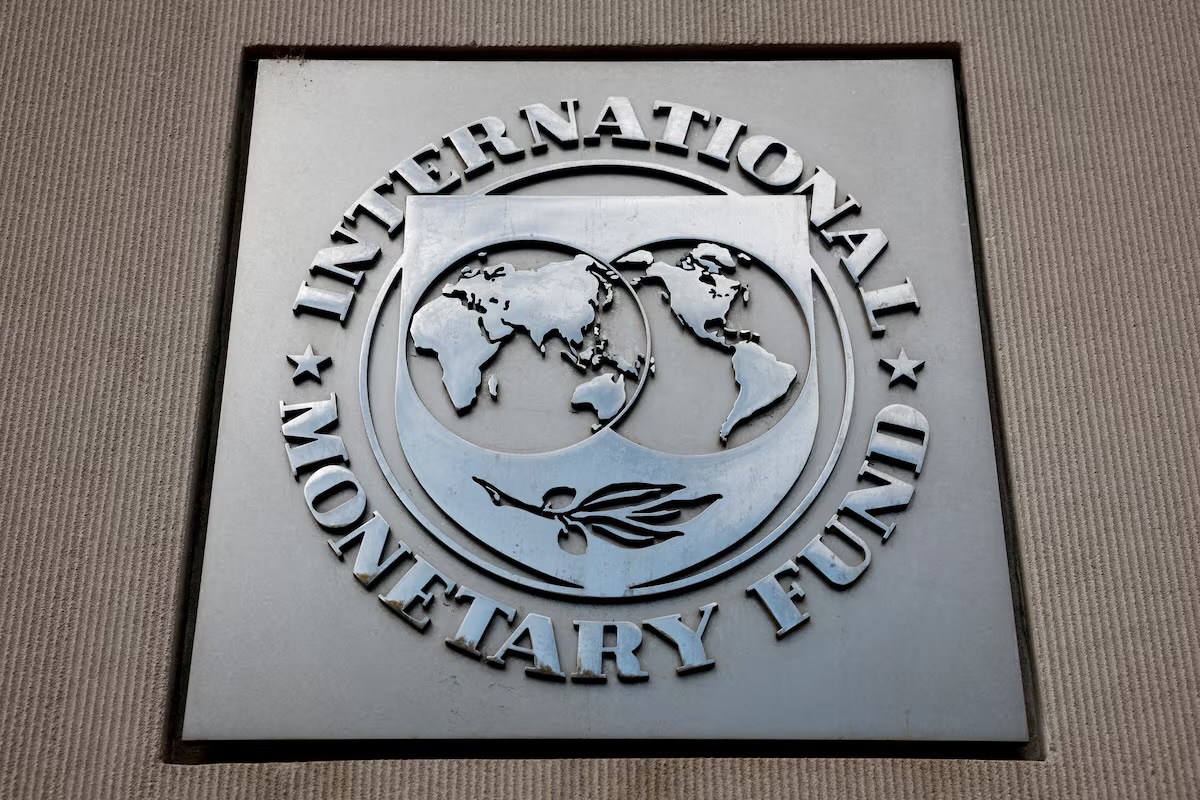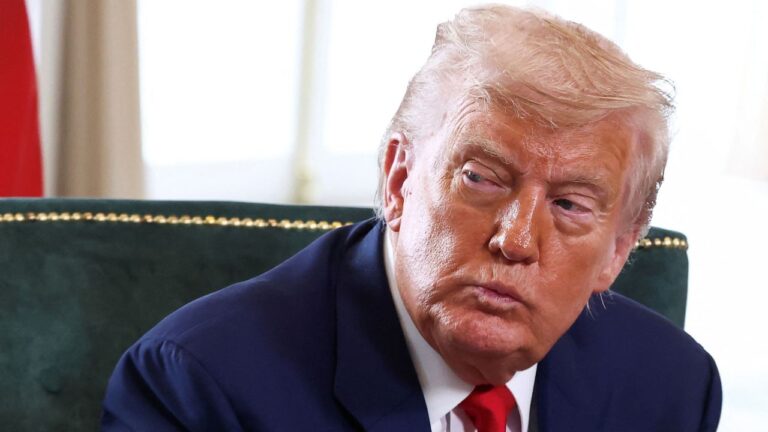In a significant financial milestone, Nigeria has fully repaid its outstanding debt to the International Monetary Fund (IMF), officially removing the country from the Fund’s list of debtor nations as of May 8, 2025 .
This achievement follows a concerted effort by the Nigerian government to reduce its IMF obligations. Between March 2023 and March 2025, Nigeria decreased its IMF debt from SDR 2.45 billion to SDR 306.81 million, demonstrating a strong commitment to fiscal responsibility .
The repayment aligns with President Bola Tinubu’s broader economic reform agenda, which includes the removal of fuel subsidies and the unification of the foreign exchange market. These measures have been credited with stabilizing the macroeconomic environment and positioning Nigeria for sustainable growth .
Analysts suggest that Nigeria’s successful debt repayment could lead to improved credit ratings, reduced borrowing costs, and increased investor confidence . However, the country still faces challenges, including a total external debt stock of $45.78 billion as of December 2024, with significant obligations to the World Bank .
Nigeria’s exit from the IMF debtor list marks a pivotal moment in its economic journey, reflecting the government’s dedication to fiscal discipline and economic reform.




